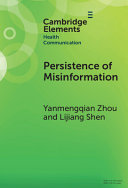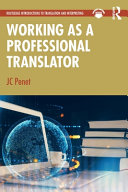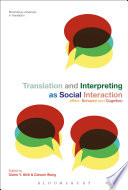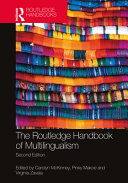Persistence of Misinformation: Biased Cognitive Processing and Polarization
Misinformation can be broadly defined as information that is inaccurate or false according to the best available evidence, or information whose validity cannot be verified. It is created and spread with or without clear intent to cause harm. There is well-documented evidence that misinformation persists despite fact-checking and the presentation of corrective information, often traveling faster and deeper than facts in the online environment. Drawing on the frameworks of social judgment theory, cognitive dissonance theory, and motivated information processing, the authors conceptualize corrective information as a generic type of counter-attitudinal message and misinformation as attitude-congruent messages. They then examine the persistence of misinformation through the lens of biased responses to attitude-inconsistent versus -consistent information. Psychological inoculation is proposed as a strategy to mitigate misinformation.
Looking for a high-quality, original digital edition of
Persistence of Misinformation: Biased Cognitive Processing and Polarization
? This official electronic version is published by
Cambridge University Press
and offers a seamless reading experience, perfect for professionals, students, and enthusiasts in
linguistics.
Unlike EPUB files, this is the authentic digital edition with complete formatting, images, and original content as intended by the author .
Enjoy the convenience of digital reading without compromising on quality. Order Persistence of Misinformation: Biased Cognitive Processing and Polarization today and get instant access to this essential book!












0 Comments